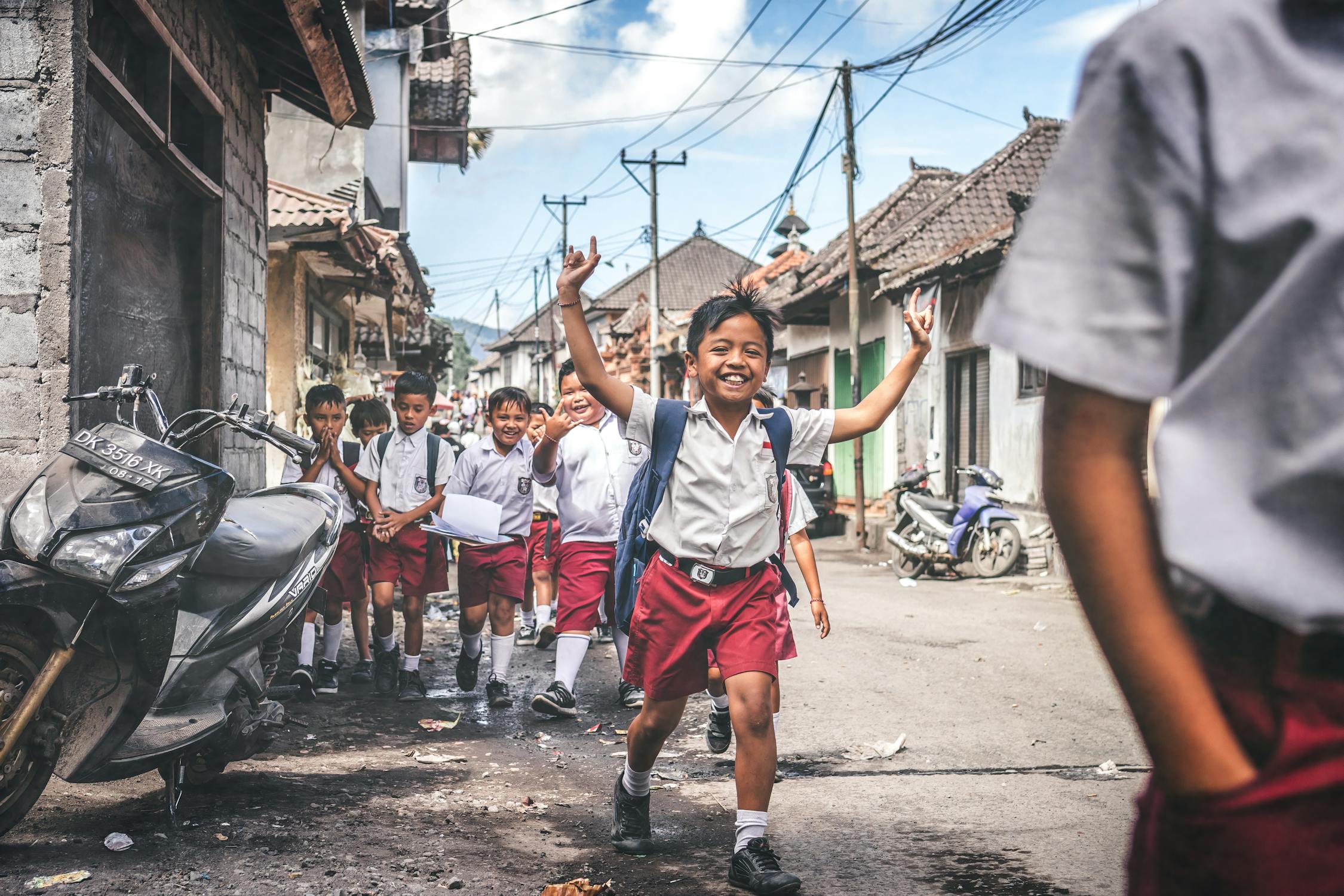
UN Human Rights – Children’s Rights + Right to Privacy in the Digital Age
When the topic of human rights comes up, there are two main aspects of it: children’s rights, and how prodigy has changed in the digital age. These two topics are important to discuss, whether it be through intergovernmental organizations (IGOs), at the national and state level, but also between common people. It is only through our actions that change can be sparked and made.
Starting with the topic of children’s rights, it is important to define what a child is. According to the United Nations (UN), a child is an individual under the age of eighteen. The children’s rights movement is a historical and modern movement committed to the acknowledgment and expansion of rights of children around the world. However, this was not something that was always of importance considering that children’s rights were only recognized in the 19th century and only became a topic of movements and discussion in the 20th century.
Globally, 800 million children live in fragile and conflicted areas. In addition, the International Labor Organization (ILO) estimates that 18 million children are child laborers. Out of that, China is home to 61 percent of those children. In the People’s Republic of China, even after the ratification of the Convention on the Rights of the Child (CRC), children in the country are still not treated to the fullest. Furthermore, the Declaration of the Rights of the Child is not ratified in the country.
It addresses these principles: The right to equality, without distinction on account of race, religion or national origin. The right to special protection for the child’s physical, mental and social development. The right to a name and a nationality. The right to adequate nutrition, housing and medical services. The right to special education and treatment when a child is physically or mentally handicapped. The right to understanding and love by parents and society.
The right to recreational activities and free education. The right to be among the first to receive relief in all circumstances. The right to protection against all forms of neglect, cruelty and exploitation. The right to be brought up in a spirit of understanding, tolerance, friendship among peoples, and universal brotherhood. The discrimination between female and male children are clearly evident throughout the globe, as it is something that has been rooted in our culture for centuries. Protests by children asking for more were often ignored and uncared for.
However, the strength of these laws and ordinances is clearly weak due to the fact that children are still not adequately protected and trashed within the world.
As for the right to privacy in the digital age, recent years have seen the increased importance of digital privacy. It was a severely neglected issue that transformed to become the topic of many UN General Assembly resolutions. Privacy regarding the online world normally comes into the form of data, something users only have little to no control over how it’s used. In the future, it is predicted that the opt-out feature that the people depend on will no longer exist.
However, the practical and useful uses of technology should not be ignored, as they had and still have enormous benefits for society. Article 17 of the International Covenant on Civil and Political Rights (ICCPR) protects everyone from arbitrary or unlawful interference with their “privacy, family, home or correspondence.” The international human rights community has begun the process of responding to the erosion of privacy rights that new technologies have facilitated.
All developed countries are facing the constant issue of privacy with technology. Throughout the world there are some privacy rights protecting the citizens but not nearly as much as there should be. In addition, these laws might be in place but can be considered as standstill laws as they have no effect on the country due to relectuance from the government as well as some from the general public.
In conclusion, it is vital that all is done to create a better world for those who live in it. Each individual country sympathizes with the issues at hand, but it is time for more drastic change. And change starts with you.